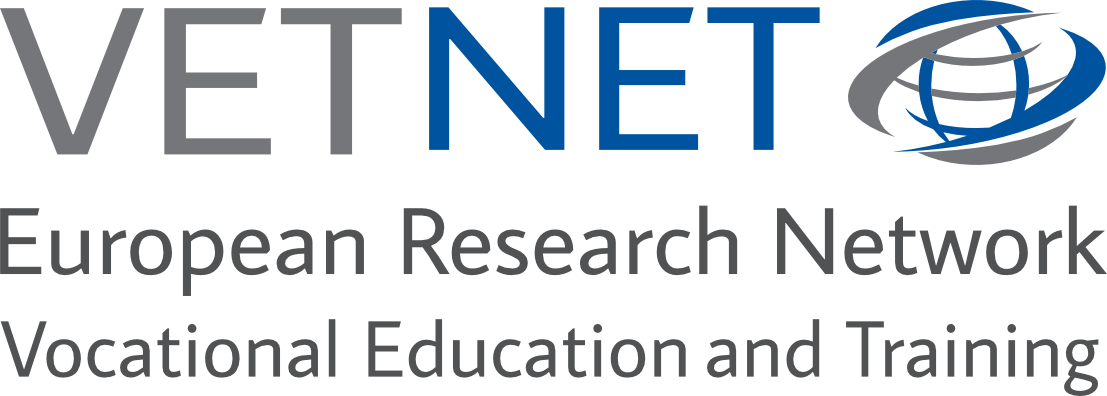Vocational Teaching-Learning through the Eyes of Undergraduate Vocational Students in Malta: A Qualitative Exploratory Study
DOI:
https://doi.org/10.13152/IJRVET.5.1.3Keywords:
VET, Photo-Elicitation, Vocational Education and Training, Higher Vocational Education, Teaching Quality, Student Expectations, Photo-Elictitation, Learning EnvironmentsAbstract
The purpose of this study is to develop a deeper understanding of the teaching qualities of effective lecturers that vocational students desire, students assessment preferences and preferred learning environments. This study gives a voice to higher vocational students as it is important for vocational educators to learn what attracts students to effective learning. Due to the inquiry’s exploratory nature, an interpretivist approach was used, and a constructivist grounded approach using qualitative data was adopted. A purposive approach to multiple case study selection was used where the unit of analysis was a higher vocational student. The perceptions and expectations of vocational undergraduate (EQF level 6) students in two disciplines (applied science and engineering) were explored, to identify what may constitute good practice. A total of ten participants from two different institutes within the vocational university college agreed to be interviewed. Semi-structured and photo-elicitation interviews were applied. In addition, the Powerful Learning Environments (PLEs) Framework was used as a preliminary tool to aid in the decision-making process for data collection. Iterative analysis was used for the semi- structured interviews, whilst a constant-comparative method was used for the photo- elicitation image analysis. Overall, the expectations and preferences between both groups were very similar. Results show that students expect to be taught by interactive lectures that relate theory to practice that will prepare them for the job. Formal lectures including presentations were the least favoured. Regarding teaching qualities, students expect approachable and understanding lecturers who provide concrete industrial examples. Assessment preferences included home based assignments and research projects. The preferred learning environment is in line with most characteristics of the Powerful Learning Environment. Evidence shows that there is no particular difference between a higher vocational stu- dent and a higher education student. Implications for the enhancement of students’ learning processes are discussed and recommendations for further research are elaborated.





